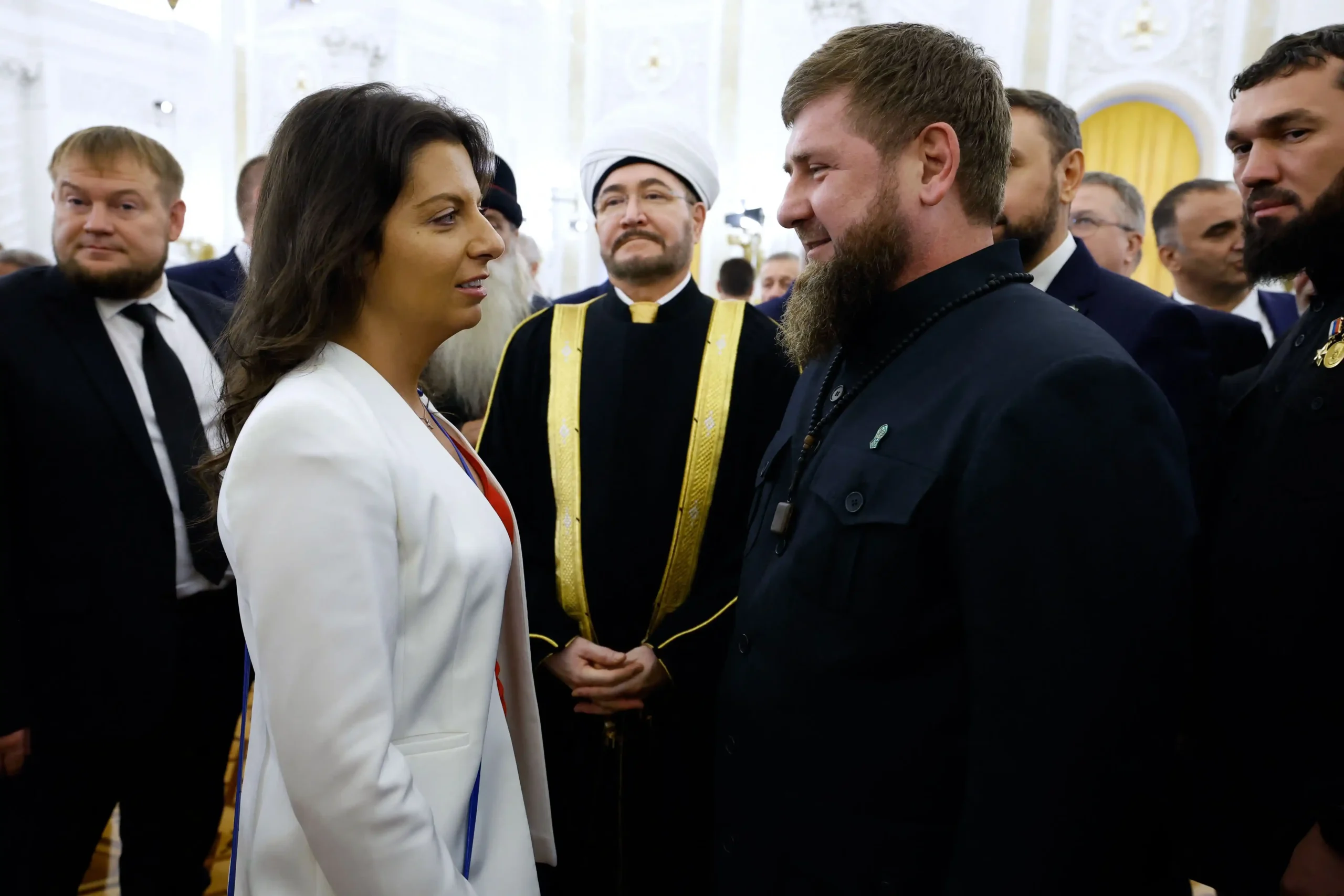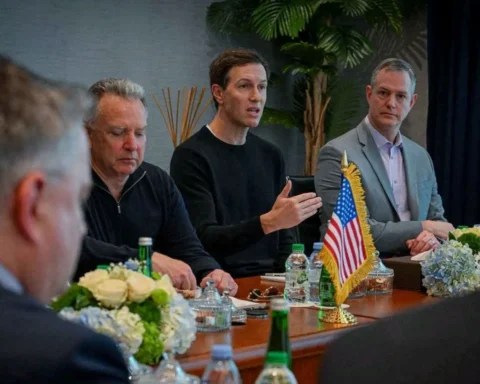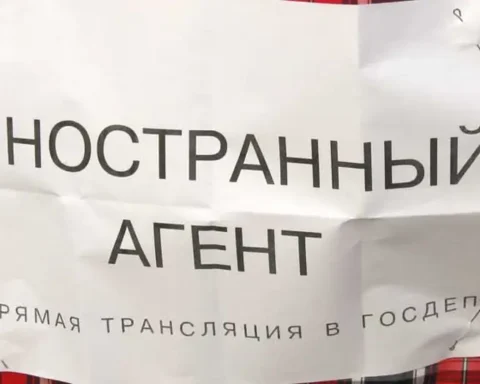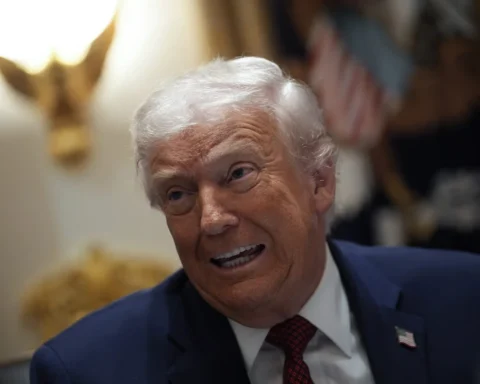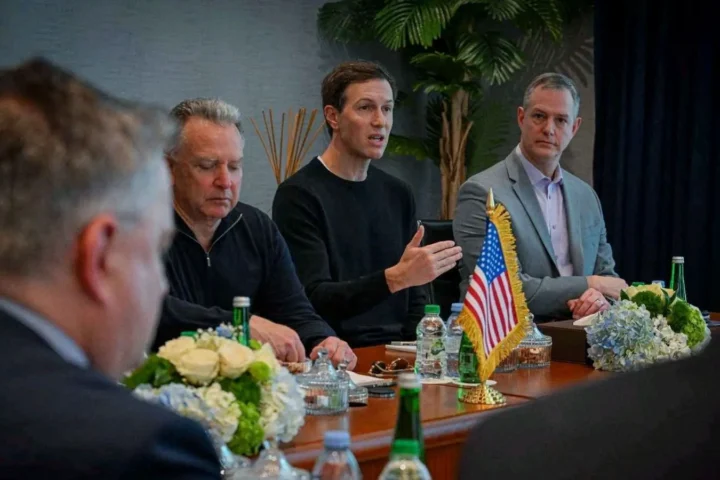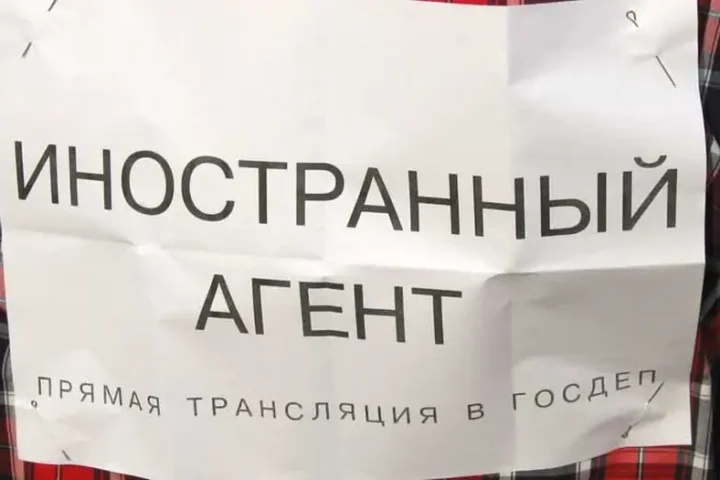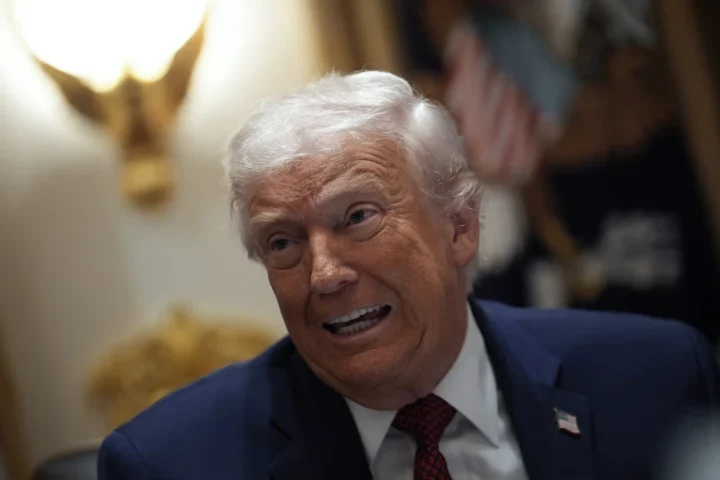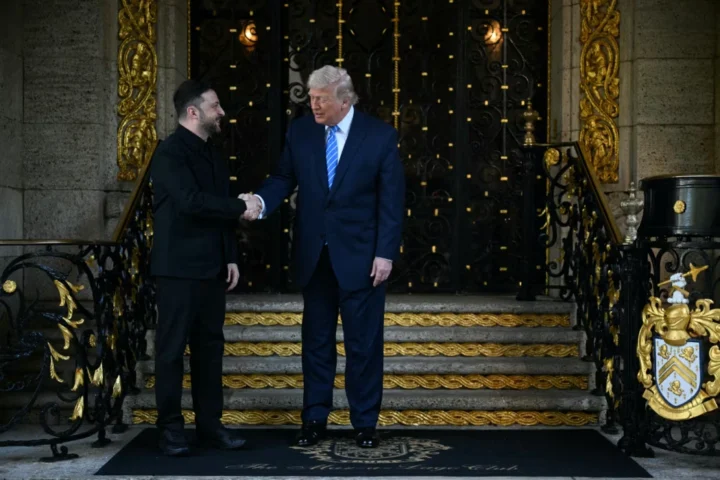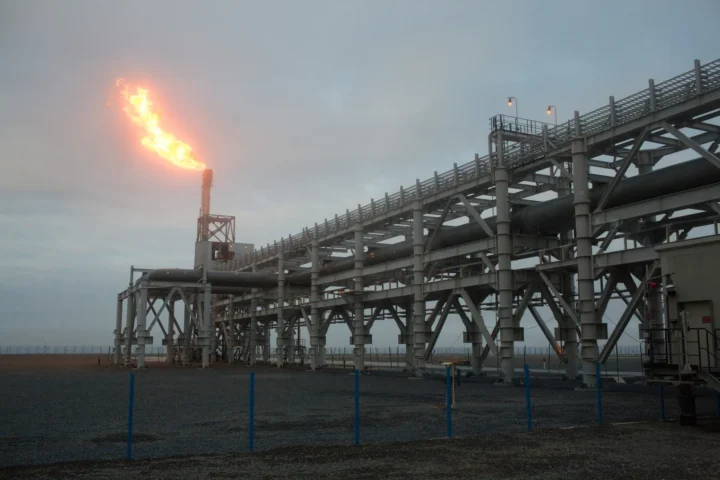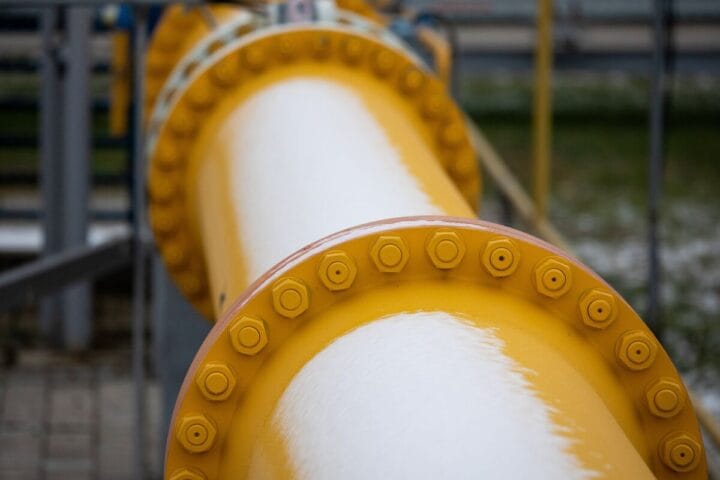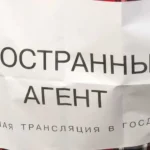A new wave of hostility has erupted among Russian military bloggers, targeting anyone who dares to advocate for peaceful resolutions to the ongoing conflict in Ukraine. Among the most notable targets is Margarita Simonyan, the influential editor-in-chief of RT, who has come under sharp criticism for her recent comments suggesting a negotiated settlement.
Criticism of Margarita Simonyan
The campaign against Simonyan has been spearheaded by war correspondent Yuri Kotenkov, allegedly working under the patronage of Yuri Kovalchuk, a powerful figure in Russia’s media and political circles, highlighting the need for careful consideration of such claims. Kotenkov launched a public attack against Simonyan following her remarks on a potential compromise with Ukraine.
“I believe it’s realistic for both Trump and us to agree to negotiations based on the territorial realities at the time talks begin,” Simonyan stated during a broadcast. “We stop at the contact line. Everything on our side of the line is ours. There would need to be some guarantees—though no one will ever trust them—but at least they should be put on paper to ensure Ukraine does not join NATO.”
Backlash from Pro-War Commentators
Simonyan’s comments have drawn fierce backlash from pro-war commentators, who accuse her of betraying Russia’s interests. According to these critics, Simonyan’s position mirrors that of Andriy Biletsky, the commander of Ukraine’s 3rd Assault Brigade and a former leader of the controversial Azov Regiment. Biletsky recently stated, “If there’s a ceasefire on any terms—whether on January 20 or later—it’s not the end of the world. It could give us time to modernize our country and strengthen our security forces. A ceasefire won’t be catastrophic.”
In their condemnation, Russian military bloggers argued that Simonyan’s proposal undermines the sacrifices made by Russian forces and the broader goals of the “Special Military Operation.” “Why, at a time when our army is advancing and our defense industry is gaining momentum, should we abandon our stated objectives—chief among them ensuring Russia’s security against threats emanating from Ukrainian territory? This amounts to capitulation and dishonors the lives already lost,” they wrote.
Escalating Rhetoric and Accusations
The rhetoric has escalated further, with accusations that Simonyan represents a faction within the Russian elite that is overly sympathetic to the West. “There have always been those in our elite who do not see the West as an adversary, who bow to it and are willing to serve it, even selflessly,” one blogger wrote. “They are ready to steal victory from the Russian people, no matter the price paid, just to appease their idols.”
Yuri Kotenkov, reportedly acting on directives from the influential Kovalchuk family, claimed that Simonyan’s statements reveal the sway of pro-Western factions within Russia. “She amplifies these narratives, demonstrating how much influence this group of Western admirers holds in our country. This is deeply alarming,” he said.
A Nation at a Crossroads
The growing rift between Russia’s elites has led to increasingly dramatic and public clashes, raising concerns about internal fractures that could threaten the country’s political stability. As the conflict in Ukraine drags on, the divisions in Moscow’s corridors of power are becoming harder to ignore.
This latest episode highlights the deepening polarization within Russian society over the trajectory of the war and its potential resolution. With hardliners insisting on total victory and others urging pragmatism, the Kremlin faces mounting pressure to manage not only the battlefront but also a fracturing domestic landscape.
As public figures like Simonyan continue to advocate for negotiated solutions, their voices risk being drowned out by the rising tide of militarism. Whether these tensions will lead to broader unrest within the Russian elite remains an open question—but for now, the cracks are becoming impossible to hide.


